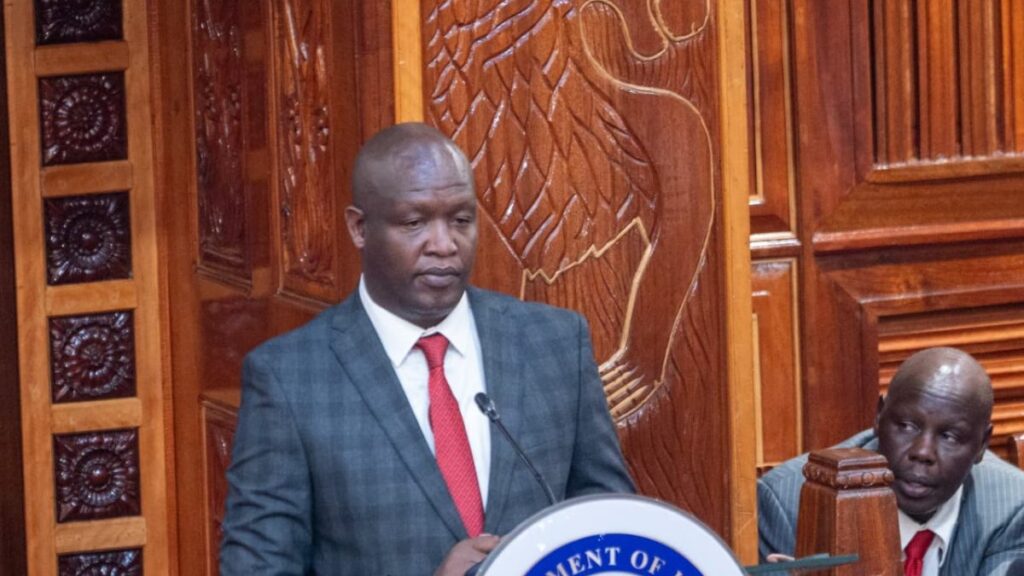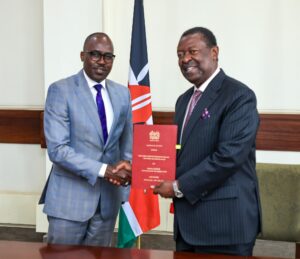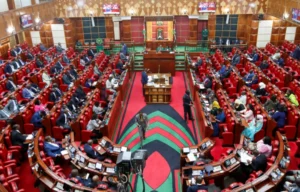Gov Mutai Challenges Impeachment Over E-Voting Flaws
Mutai’s defence has now set the stage for a fierce legal fight in the Senate. His lawyers maintain that both procedural errors

The governor's lawyers blamed the loopholes for raising questions about the legitimacy of the vote. PHOTO/https://www.facebook.com/ParliamentKE
By Juliet Jerotich
Kericho Governor Eric Mutai argued against the legitimacy of the electronic voting process used by Members of the County Assembly (MCAs) when he was being impeached. In a release through his lawyer, Peter Wanyama, the governor argued that the process contravened data protection legislation and eroded the validity of the outcome.
On Thursday, August 28, 2025, Wanyama cross-examined County Assembly ICT head Alex Korir in the Senate. He asked about the system’s design and whether it was meeting minimal security standards.
The lawyer pointed out that impeachment documents filed with the Senate contained MCAs’ confidential information. This included ID numbers and Integrated Personnel and Payroll Database (IPPD) numbers. In his view, the same information was used as log-ins for the e-voting system.
He questioned Korir whether it was permissible under data protection laws to disclose information of this sort. “The page 12 and page 3 reports contain ID numbers of MCAs. Aren’t they confidential credentials? For your system you created, the ID numbers were employed as passwords and IPPD numbers as usernames. Do you confirm?” he interrogated.
Wanyama further asked whether it was possible for such information easily accessible to administrators to facilitate one to cast a vote in place of an MCA. He warned that making ID as well as IPPD numbers public exposed the system to abuse.
In his view, the County Assembly e-voting system undermined fundamental IT security principles. Sensitive data such as usernames and passwords must be encrypted and not read in whole. He added that even with printed documents, good systems keep important information secret, displaying partial digits only. The system, however, left the complete credentials of all MCAs in the open.
The governor‘s lawyers blamed the loopholes for raising questions about the legitimacy of the vote. They argued that the loopholes explain why four MCAs who did not vote were recorded as having voted.
Mutai’s defence has now set the stage for a fierce legal fight in the Senate. His lawyers maintain that both procedural errors and technological gaps make the impeachment invalid. The Senate will have to decide whether the process followed the law or if the flaws were serious enough to nullify the vote.





